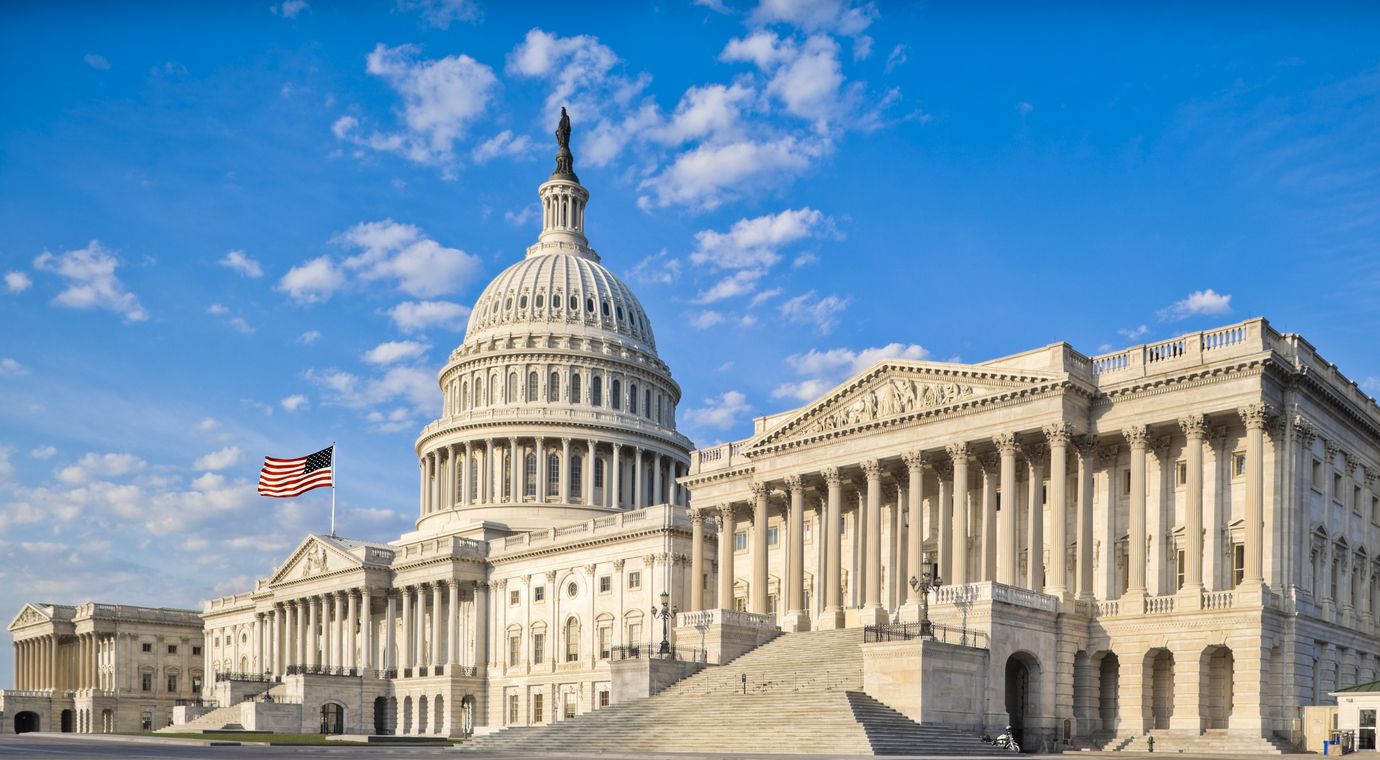
The year-end spending package approved by Congress contains good news, at least in the short term, for electric cooperatives.
But lawmakers kicked the can down on the road on several high-profile issues important to co-ops.
“We had some successes come out of the lame-duck session of Congress, and we also took the opportunity to lay the groundwork for next year as we work on some very large issues,” said Kirk Johnson, NRECA senior vice president, government relations.
The House and Senate averted a government shutdown by agreeing to a fiscal 2017 continuing resolution that keeps operations running until April 28. The House backed the measure Dec. 8 on a 326-96 vote, while the Senate passed it Dec. 9 on a 63-36 vote, less than an hour before the deadline.
It maintains level funding for programs critical to electric co-ops. The Rural Utilities Service Electric Loan Program is funded at $5.5 billion, with an additional $750 million for the Guaranteed Underwriter Loan Program, which helps cooperative lenders borrow from the Federal Financing Bank.
Additionally, the spending bill sets a $33.07 million level for the Rural Economic Development Loan and Grant (REDLG) effort, which helps co-ops support job creation and retention in rural areas.
Another $8 million is set aside for the Rural Energy Savings Program, an energy-efficiency program in the Department of Agriculture.
Johnson noted legislators were unable to pass regular appropriations bills for the fiscal year that started Oct. 1.
“We’ll keep working to ensure these and other co-op programs are adequately funded when the next Congress works to pass a final package,” he said.
Sweeping energy legislation will be left to the 115th Congress and the Trump administration, said House Speaker Paul Ryan, R-Wis. House and Senate conference committee members had worked to resolve differences between the chambers on competing bills.
Johnson said NRECA will push for provisions that address proper vegetation management on utility rights of way across federal lands, clarify the role of the North American Electric Reliability Corp. and repeal a 2007 requirement that phases out fossil fuel use in new and renovated federal buildings.
Also in a holding pattern is tax reform legislation to extend the tax credit for geothermal heat pumps, a co-op priority.
All pension legislation will be deferred, House officials announced. That’s important because co-op leaders and employees have submitted thousands of messages supporting a reduction in federal insurance premiums paid by the Retirement Security Plan to the Pension Benefit Guaranty Corp.
Co-ops say increased costs could impair their ability to maintain benefit programs for their employees.
Steven Johnson is a staff writer at NRECA.